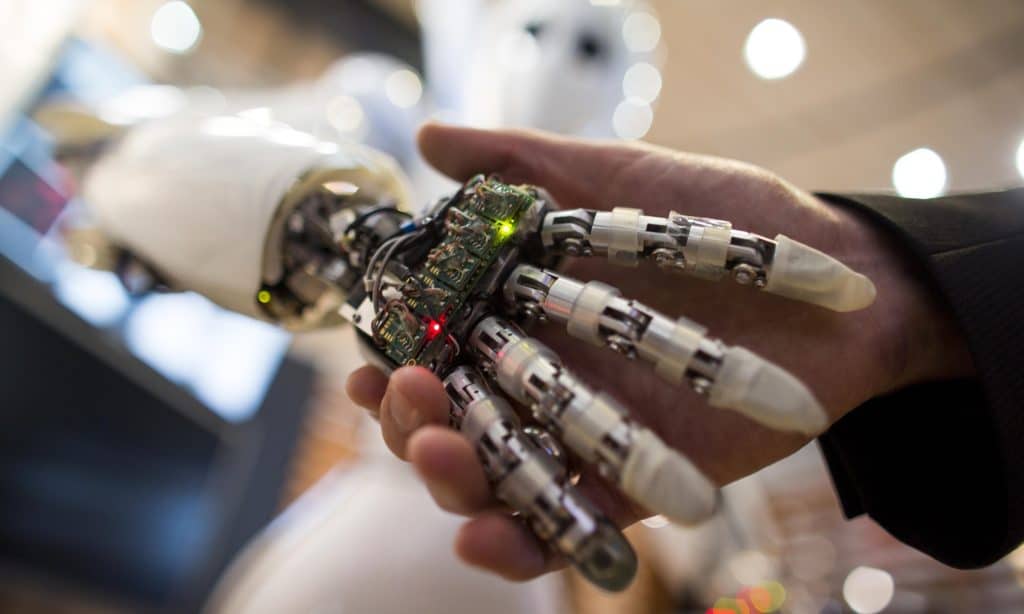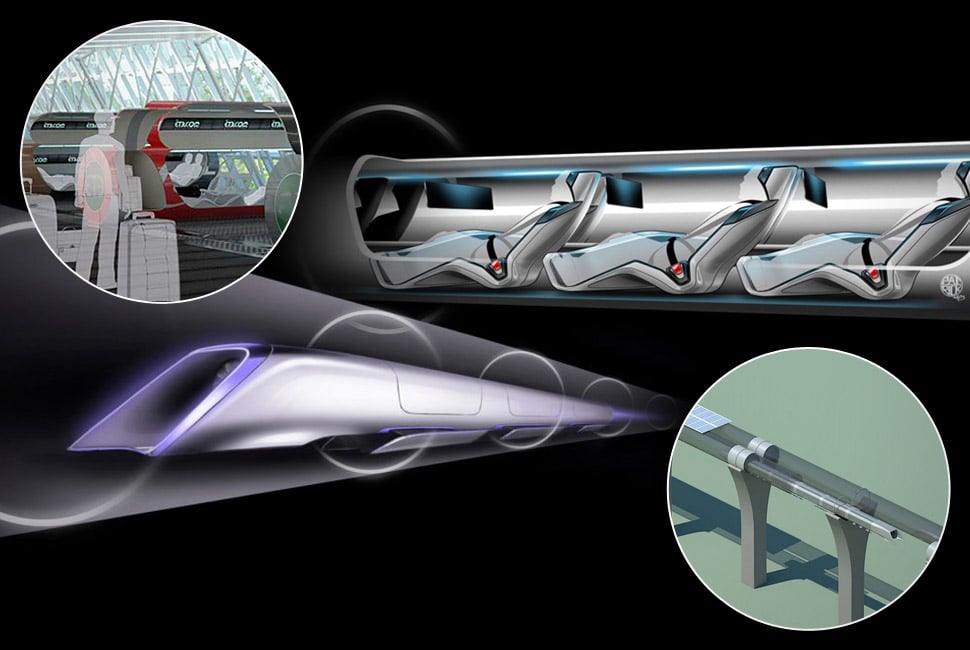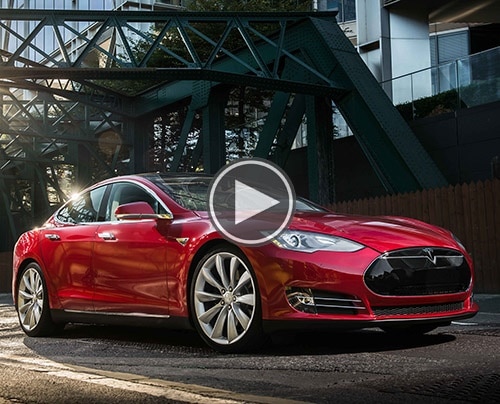Tesla Motors CEO Elon Musk just announced that his company will be joining the great battery race that could eventually allow all homeowners to stop relying on public power lines.
On Thursday, Musk unveiled what he has deemed the “missing piece” in the revolution to create more battery-powered homes.
The new Tesla products are massive batteries that reportedly have enough power to support homes, businesses and even entire communities with the help of solar panels.
If the products are successful, it could truly mark an innovative leap forward in this particular realm of technology.
“Tesla batteries promise the ability to tap the sun’s energy, day or night,” the San Francisco Chronicle’s David R. Baker reports. “They could upend the way we produce and use electricity.”
It would ultimately mean fewer people would have to rely on utility companies, and the idea of widespread blackouts could finally become nothing more than a nightmare of the past.
“You don’t have to worry about being out of power if there’s an ice storm — you can actually go, if you want, completely off the grid,” Musk said, according to the San Francisco Chronicle. “People in a remote village or an island somewhere can take solar panels and the Powerwall and not have to worry about electricity lines.”
That’s the convenience of the new products, but Musk also pointed out the necessity of the batteries as well.
Widespread implementation of the products could drastically reduce the world’s carbon footprint and cut down on the use of fossil fuels.
“It’s the only path I know that can do this,” Musk told the crowd that gathered at his design studio in California. “It’s something we must do, and we can do, and we will do.”
At the gathering he focused on two different models of the battery — one that would be geared toward homes and another that would help bring power to companies.
The home battery, called the Powerwall, is currently priced at roughly $3,000 for the smallest model. Pricing for the business products wasn’t released.
It marks a huge milestone and an innovative move for the company that has been testing such products for years, but other giants have already taken up territory in the space.
Companies including Sungevity and SunEdison have similar product offerings, but it will be interesting to see how Tesla’s presence shakes up this relatively new market.
With electric cars and solar-powered homes on the rise, Enphase CEO Paul Nahi isn’t surprised to see the demand for such powerful batteries grow.
“There’s been tremendous pent-up demand for this,” Nahi said, according to the San Francisco Chronicle. “People understand the value.”
While the product has received a growth in demand, it isn’t an industry that’s easy to navigate with companies like A123 already being met with failure after taking its stab at the revolutionary batteries.
Only time will tell if Tesla is able to avoid making the same mistakes former high-profile failures in this market have made.




